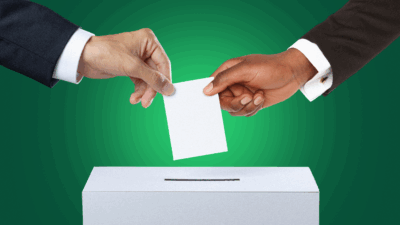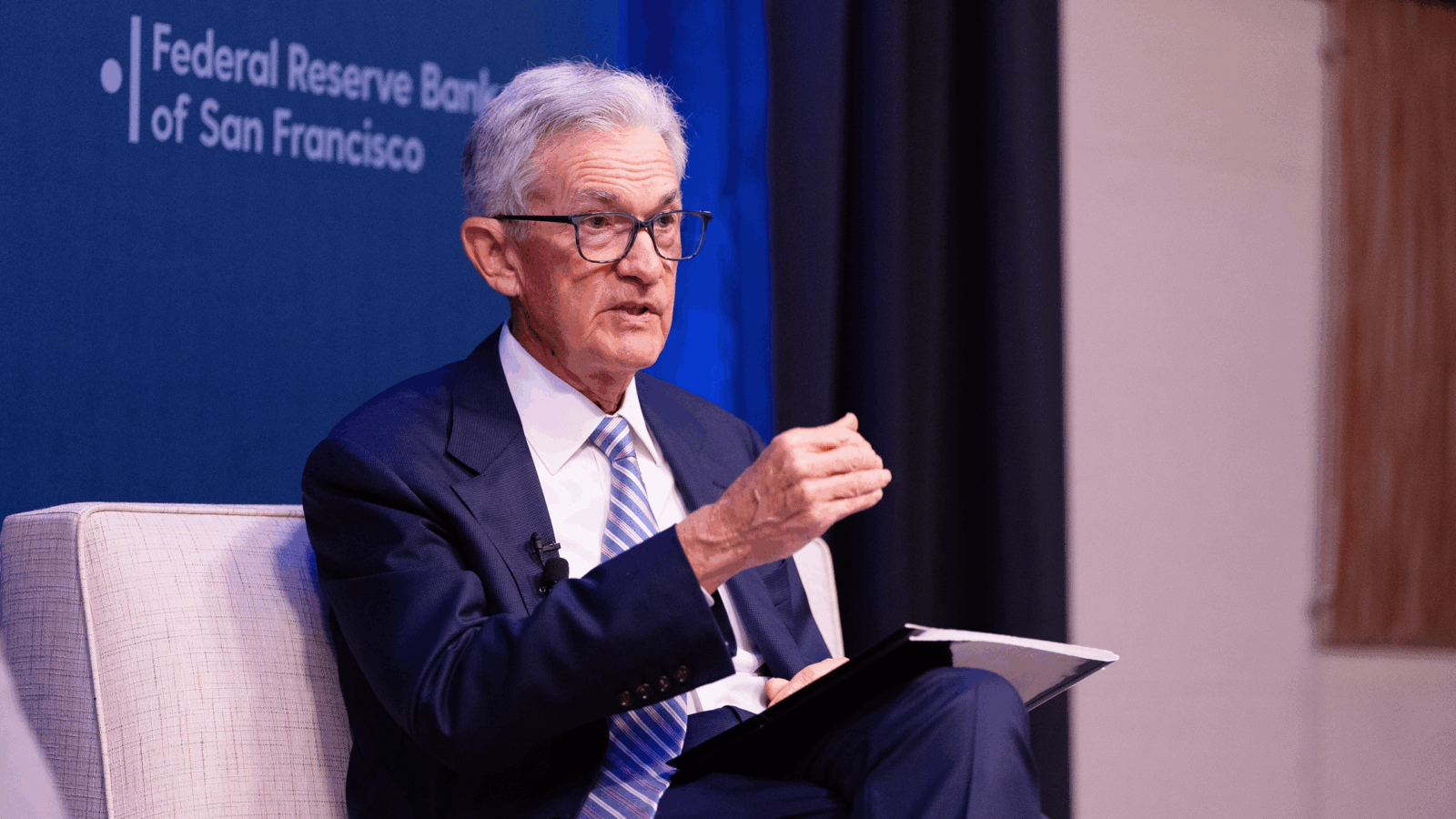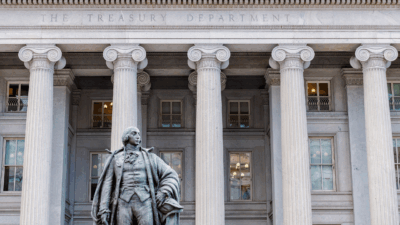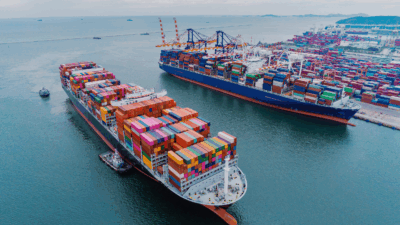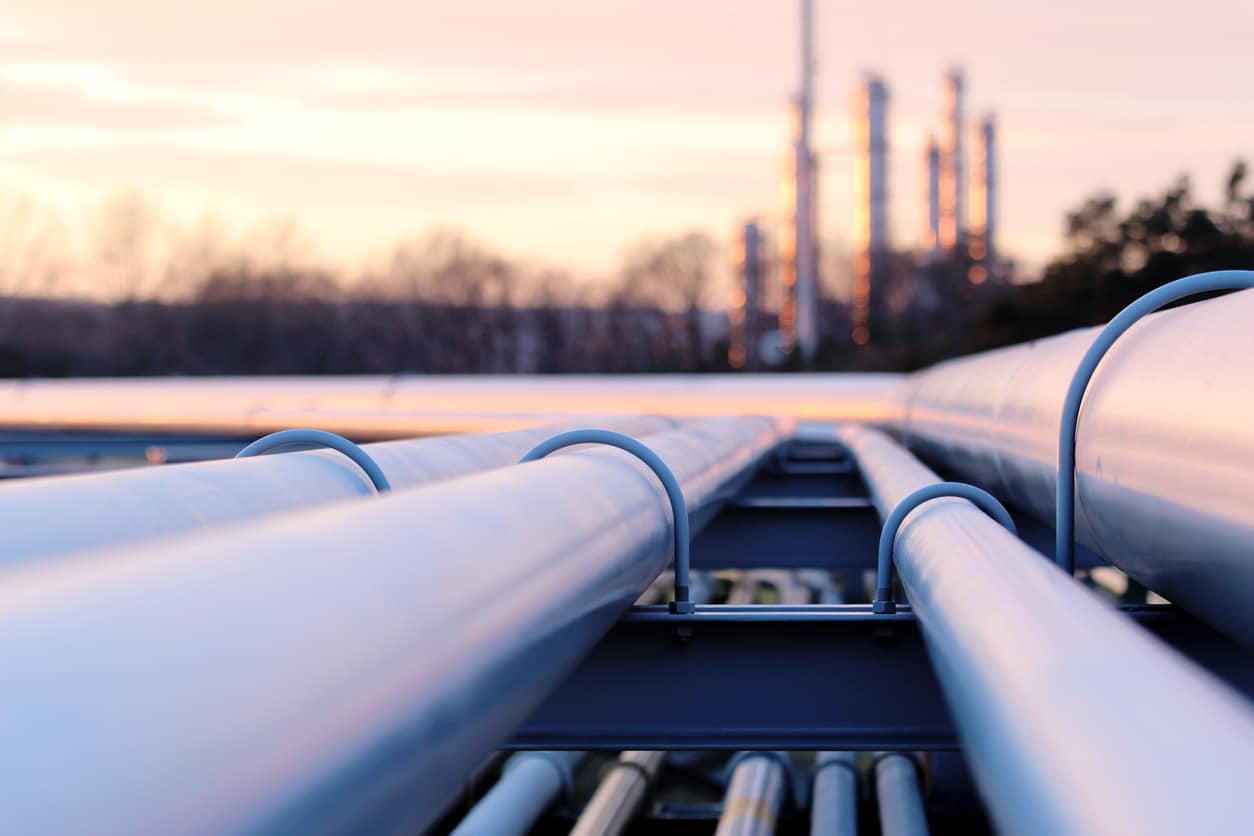
Sign up for smart news, insights, and analysis on the biggest financial stories of the day.
When German leader Olaf Scholz assumed the Chancellorship in December, the Nord Stream 2 gas pipeline to Russia was merely a “private sector” project and the idea of Germany delivering arms to a foreign country was incredibly taboo. Then a war happened.
After reversing Germany’s positions on energy and arms in response to Russia’s invasion of Ukraine, Scholz went one step further on Sunday and, in just thirty minutes, tore up decades of German defense policy by pledging to spend billions on the country’s military.
War as a Wake-Up Call
Germany has partly maintained its position as Europe’s largest economy, and annoyed its allies in NATO, by offsetting rising welfare costs with relatively little spending on defense. The country also buys plenty of cheap energy from Russia, which supplies half of Germany’s gas. Both of those factors put Scholz in an awkward position when Russia invaded Ukraine last week, and some diplomats criticized Germany for not doing enough to oppose the war. But Scholz’s willingness to act has quickly changed.
First, Scholz halted approval for the Nord Stream 2 pipeline, which would bring more gas from Russia to Germany. Then he ended a German policy of not sending lethal weapons to conflict zones by offering 1,000 anti-tank weapons and 500 Stinger anti-aircraft defense systems to Ukraine. On Saturday, Germany joined the US, UK, Canada, the EU, and other allies in banning Russian financial institutions from the SWIFT payments system. But the biggest news was saved for Sunday, in an extraordinary speech by Scholz to the German federal parliament:
- The Chancellor proposed a massive €100 billion ($113 billion) fund to immediately modernize Germany’s military and wants the special fund written into the country’s constitution.
- He also said Germany will finally meet its pledge to commit 2% of annual gross domestic product to defense spending — a promise the country has broken for years to the frustration of its allies. Defense spending is currently 1.5% of German GDP, which was $3.8 trillion in 2020.
“In the search for a new foreign policy doctrine, this is a small revolution,” wrote Ferdinand Otto, a columnist at the newspaper Die Zeit.
Nuclear Fallout: Germany, which plans to close its last nuclear power plants this year, will need more gas to make up the difference in energy demand. Scholz said that won’t stop his country from reducing reliance on Russia, and announced the construction of two new liquefied natural gas terminals in northern Germany.





